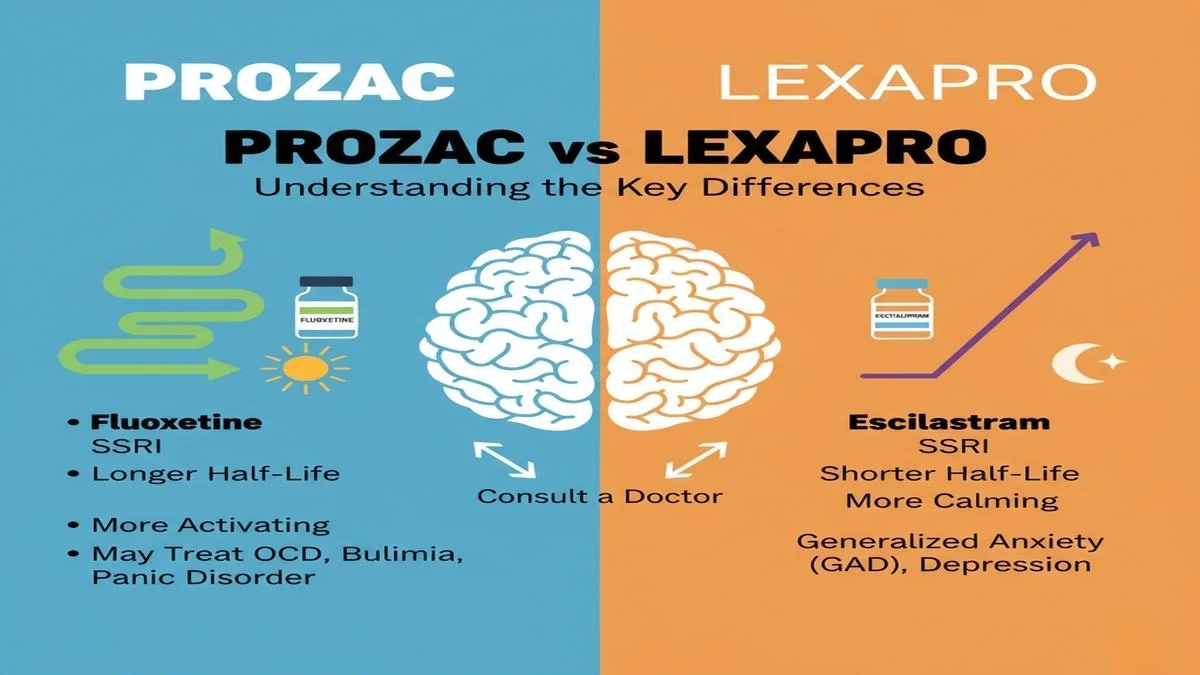HEALTH AND FITNESS
Bipolar Counseling San Diego: Finding Hope and Healing

When living with bipolar disorder, everyday life can feel like a rollercoaster of emotions—soaring highs of mania followed by overwhelming lows of depression. Without proper guidance, these mood swings can make it difficult to manage relationships, work responsibilities, and overall well-being. For those seeking professional support, bipolar counseling San Diego provides a vital lifeline, offering structured treatment and compassionate care for individuals and families navigating the challenges of this condition.
Table of Contents
Understanding Bipolar Disorder
Bipolar disorder, formerly known as manic-depressive illness, is a mental health condition characterized by extreme mood shifts. These mood episodes typically range from:
- Manic or hypomanic episodes: Intense energy, reduced need for sleep, rapid speech, and impulsive decision-making.
- Depressive episodes: Persistent sadness, loss of interest in activities, fatigue, and thoughts of hopelessness.
While the severity and frequency of episodes vary among individuals, without treatment, bipolar disorder can disrupt all areas of life—from personal relationships to career stability.
Why Counseling Is Essential for Bipolar Disorder
Medication often plays a role in managing bipolar disorder, but counseling provides the critical skills and strategies needed to cope with triggers and maintain long-term stability. Bipolar counseling in San Diego typically addresses:
- Psychoeducation: Helping individuals and families understand the condition, symptoms, and treatment options.
- Coping skills: Techniques to manage stress and prevent relapse.
- Routine building: Establishing healthy sleep and activity patterns to regulate mood.
- Relapse prevention: Recognizing early warning signs to seek timely intervention.
The Benefits of Bipolar Counseling in San Diego
Seeking counseling is not a sign of weakness—it is an empowering step toward reclaiming control over life. Here are some of the benefits individuals often experience through professional support:
1. Improved Mood Regulation
Therapists help clients recognize patterns in their mood cycles, giving them tools to manage episodes more effectively.
2. Stronger Relationships
Family therapy and individual counseling foster communication, understanding, and empathy, reducing conflict and isolation.
3. Personalized Treatment Plans
Each person experiences bipolar disorder differently. San Diego counselors tailor treatment plans to meet unique needs, whether the focus is on stress management, relationship support, or relapse prevention.
4. Increased Self-Awareness
Through counseling, individuals become more attuned to their emotions, triggers, and thought patterns—critical for preventing relapse.
5. Long-Term Stability
By combining medication management with ongoing counseling, many people achieve a more balanced and fulfilling life.
Types of Bipolar Counseling Approaches
In San Diego, mental health professionals use a variety of evidence-based therapies to treat bipolar disorder. Common approaches include:
Cognitive Behavioral Therapy (CBT)
CBT helps clients challenge negative thought patterns and replace them with healthier coping mechanisms.
Interpersonal and Social Rhythm Therapy (IPSRT)
IPSRT emphasizes the importance of maintaining regular routines, such as consistent sleep patterns and meal times, to stabilize mood.
Family-Focused Therapy
Family therapy helps relatives better understand bipolar disorder while strengthening support systems at home.
Group Therapy
Group counseling allows individuals to connect with peers who understand their struggles, reducing isolation and providing encouragement.
Living With Bipolar Disorder in San Diego
San Diego offers a unique backdrop for mental health recovery. With access to beaches, outdoor activities, and a strong network of mental health professionals, the city provides resources that complement traditional counseling. Activities such as mindfulness meditation, exercise, and community engagement can significantly support emotional well-being.
How to Choose the Right Bipolar Counselor in San Diego
Finding the right therapist is crucial to long-term success. Consider these factors when seeking bipolar counseling:
- Experience with bipolar disorder – Not all counselors specialize in mood disorders, so confirm expertise.
- Therapy style – Some individuals respond better to structured therapy like CBT, while others may prefer holistic approaches.
- Location and accessibility – Proximity to home or work makes it easier to attend sessions regularly.
- Insurance and affordability – Understanding costs upfront helps ensure consistency in treatment.
- Comfort and trust – The therapeutic relationship must feel supportive and safe.
Supporting Loved Ones With Bipolar Disorder
Family members often feel the impact of bipolar disorder just as deeply as the individual living with the condition. Counseling in San Diego often includes family support to:
- Improve communication.
- Learn how to respond to mood changes.
- Avoid enabling destructive behaviors.
- Build resilience as a unit.
Combining Counseling With Other Treatments
Counseling is most effective when integrated with other forms of treatment, such as:
- Medication management with mood stabilizers or antipsychotics.
- Lifestyle changes like exercise, mindfulness, and proper nutrition.
- Support groups where individuals can share experiences and gain encouragement.
Breaking the Stigma Around Bipolar Disorder
One of the most significant barriers to seeking help is stigma. Many people fear being judged or misunderstood. Education and awareness are essential to normalize conversations about mental health. In San Diego, advocacy groups and mental health campaigns help reduce stigma while connecting people to vital resources.
Taking the First Step
Living with bipolar disorder is not easy, but hope and healing are possible with the right support. If you or a loved one is struggling, don’t wait for symptoms to worsen. Reaching out for bipolar counseling in San Diego can be life-changing, providing the tools, guidance, and community needed to move forward.
Final Thoughts
Bipolar disorder does not define an individual—it is a condition that can be managed with proper treatment, patience, and support. Counseling offers a safe, structured path toward stability, helping individuals and families reclaim control over their lives.
-

 GENERAL7 months ago
GENERAL7 months agoChristofle – For Those Who Dream of Family Heirloom Silver
-

 SPORTS9 months ago
SPORTS9 months agoDiscover the World of Football with Streameast: Watch Your Favorite Leagues and Tournaments
-

 GENERAL3 weeks ago
GENERAL3 weeks agoUncovering the World of кинокрадко: The Dark Side of Film Piracy
-

 GENERAL3 months ago
GENERAL3 months agoATFBooru: Anime, Gaming, and Subculture Imageboard























